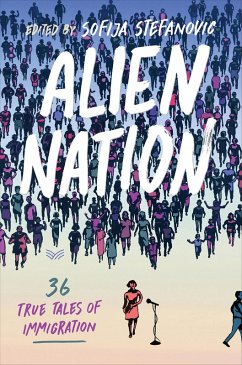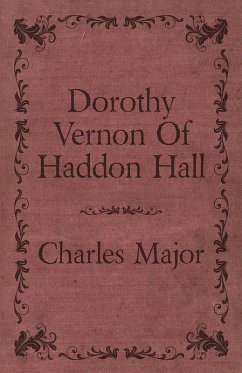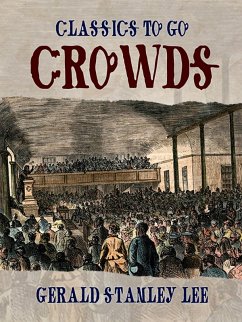
An Anarchist Woman (eBook, ePUB)

PAYBACK Punkte
0 °P sammeln!
In "An Anarchist Woman," Hutchins Hapgood crafts a compelling narrative that delves into the complex intersections of gender, politics, and individual agency in the early 20th century. Employing a blend of realism and psychological insight, Hapgood explores the life of his protagonist, an impassioned woman living within the constraints of a patriarchal society while embracing anarchist ideals. The novel, rich with vivid imagery and introspective dialogue, serves both as a character study and a social critique, reflecting the tumultuous spirit of the times marked by burgeoning feminist movement...
In "An Anarchist Woman," Hutchins Hapgood crafts a compelling narrative that delves into the complex intersections of gender, politics, and individual agency in the early 20th century. Employing a blend of realism and psychological insight, Hapgood explores the life of his protagonist, an impassioned woman living within the constraints of a patriarchal society while embracing anarchist ideals. The novel, rich with vivid imagery and introspective dialogue, serves both as a character study and a social critique, reflecting the tumultuous spirit of the times marked by burgeoning feminist movements and anarchist philosophies. Hapgood, a keen observer of societal dynamics and a notable figure in the American literary scene, draws upon his own experiences with radical circles and his commitment to social justice to create a narrative that is both personal and political. His engagements with prominent figures in anarchist thought and his role as a journalist provide an informed backdrop for exploring themes of emancipation and autonomy. This novel resonates with his own beliefs about the potential for personal transformation within broader social upheaval. "An Anarchist Woman" is an essential read for anyone interested in the early feminist movements or the intricate tapestry of political thought in America. Hapgood's insightful portrayal of a woman grappling with her identity and convictions invites readers to reflect on the ongoing relevance of these themes today. It is not just a story of rebellion; it is a profound exploration of the relentless quest for self-determination.
Dieser Download kann aus rechtlichen Gründen nur mit Rechnungsadresse in A, B, BG, CY, CZ, D, DK, EW, FIN, F, GR, H, IRL, I, LT, L, LR, M, NL, PL, P, R, S, SLO, SK ausgeliefert werden.













